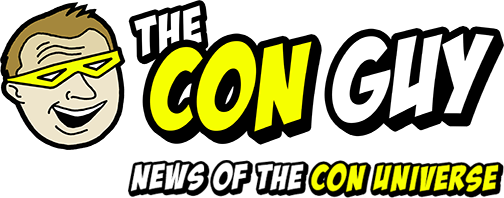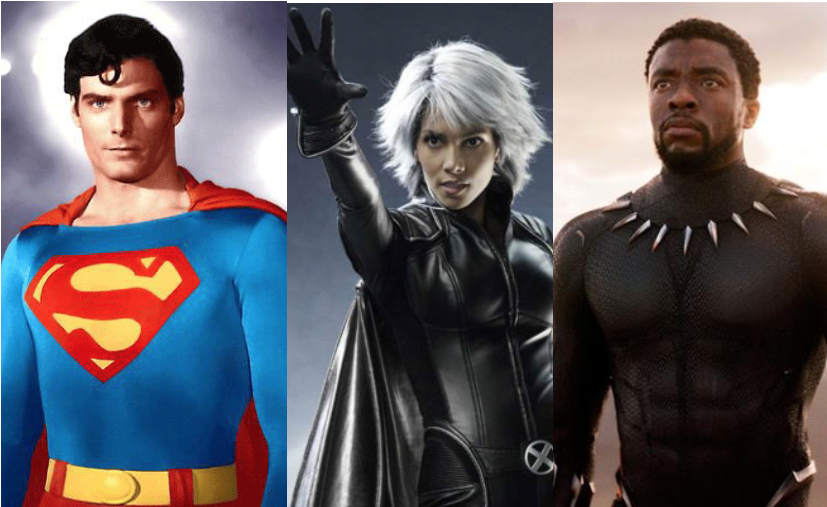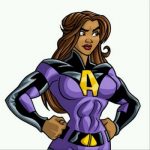*If you’ve not yet seen Black Panther, be warned of some spoiler tinged content herein:
When I was just a little kid, Richard Donner and Tom Mankiewicz ruined my mother’s dreams of me becoming a pediatrician. I’d already fallen in love with sci-fi after reading A Wrinkle In Time in the fourth grade. But my sci-fi loving brother could never quite succeed in getting me to love comic books as much as he did. Until he took me to see Superman. As I was walking out of the theater with him, strangely exhilarated, I realized that (for a little while, at least) I had truly believed a man could fly. (The experience also became a big part of my spiritual journey, too. As that might be a polarizing discussion, I will set that aside for now). I became an entertainment and technology lawyer and nascent producer, and I’ve been chasing the power of story like Margot Kidder’s Lois Lane ever since.
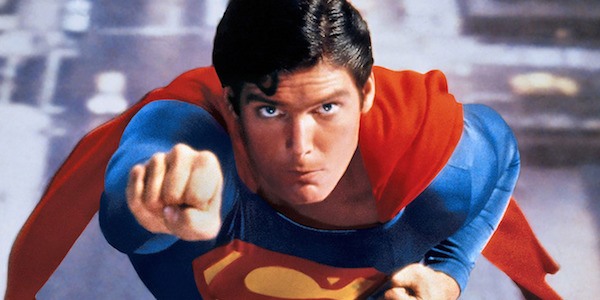
As a little Blerd girl, the comic book character I could most relate to was Storm, especially since over the years there was talk of Angela Bassett and my fellow Jamaican Grace Jones being mentioned for the film role. And I did grow to greatly appreciate many of the DC and Marvel stories my brother would narrate to me. Even so, I was never a voracious reader of the comics like Peter. I much preferred the film versions of many of these stories, alongside other deliciously mindbending “what if” movies like The Matrix and Inception. So I was shocked to feel those same intoxicating waves of exhilaration I’d experienced after Superman when I saw the Black Panther trailer last year. As more trailers were released, and intriguing details leaked (who is this STEM gifted Shuri?), I grew more and more enthusiastic.
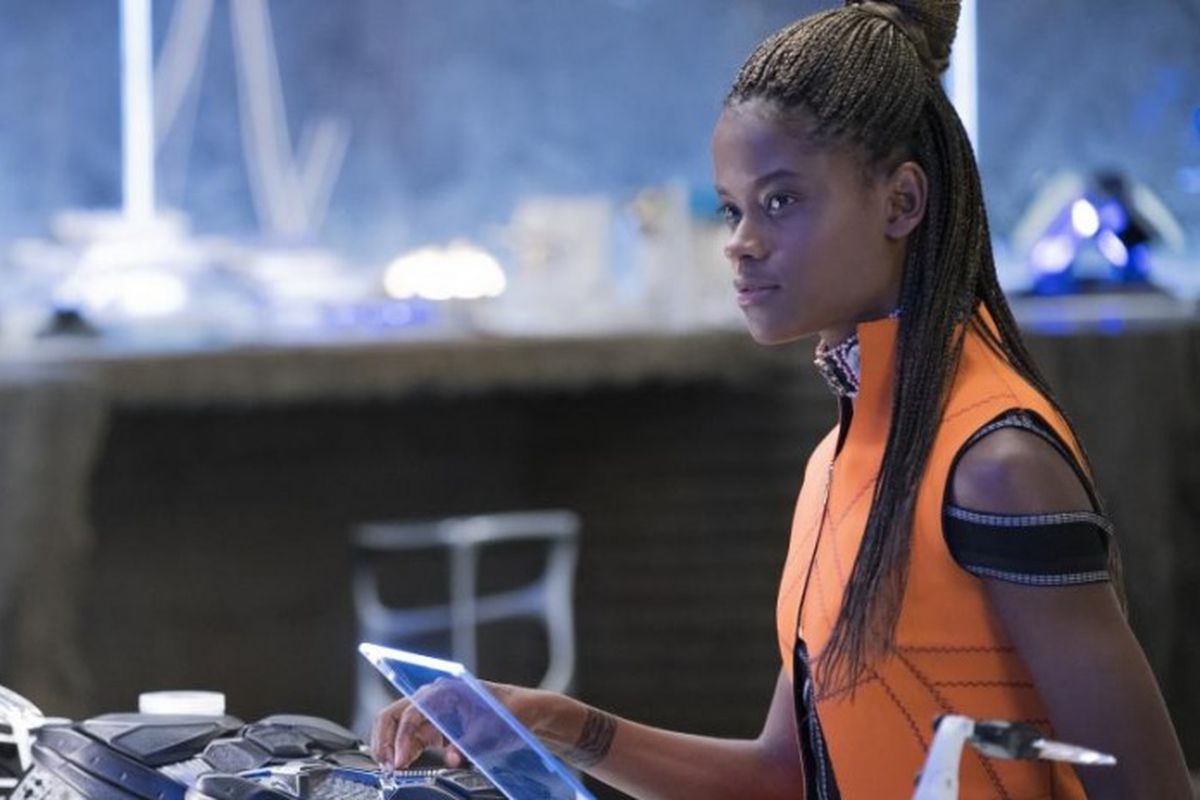
And as I sat in the Arclight Sherman Oaks this past Thursday evening, watching and listening to a wonderous opening scene, the soul-feeding impact of the “what if Africa had never been colonized?” thought shot through my synapses and fairly electrified my body. I’ve laughed and cried through the film twice (so far), ricocheting from sheer elation to sobering and surprising fury (finding myself in agreement with the famous James Baldwin quote anthropomorphized in the “is he really unjustifiably a bad guy?” anger of Erik Killmonger) and back to sensorily reclaiming my stolen regal pride in my Divine ancestry’s purpose and promise (including realting to my new “patron saint” Shuri, in whom my Silicon Beach story and tech passions find propulsive creative fuel).
I have so many other notes on specific moments that resonated with me. Unfortunately sharing them might spoil the story for those who haven’t experienced it yet, so I will close with the hope I’ve expressed to a few friends. Black Panther is not an insignificant, silly source of pride for those of us of African descent. We cannot ignore that the criminal, barbaric practice of slavery and its legacy has been a very real evil that impacts us to this day. But representation matters, and whether Uncle Sam knows it or not, Marvel handing the reins of this story’s capital and cultural investment to a talented cast and crew of children of the African diaspora is a tiny yet significant step towards acknowledging our humanity and embedding it in everyone’s consciousness. (N.B. Any faintly lingering disturbing concerns about the impact of Killmonger’s story arc would be completely allayed should he return in the sequel). With the moral message of the eradication of the diminishment of the African’s regal humanity, we can all enjoy the banding together of the diversity of heroes in the next Marvel offering against the true Big Bad. I hope it will finally inspire us all to realize the line I will paraphrase from Hidden Figures: “We get to synergistic solutions together or we don’t get there at all.”
–Karen Thompson is a writer, producer, attorney and Blerd from Jamaica, now living in Los Angeles. She may or may not also be a secret super hero. You can follow her at @khytesq
To hear our hosts discuss the cultural phenomenon of Black Panther, check out our Con Guy Comic-Con Prep Show, below.
